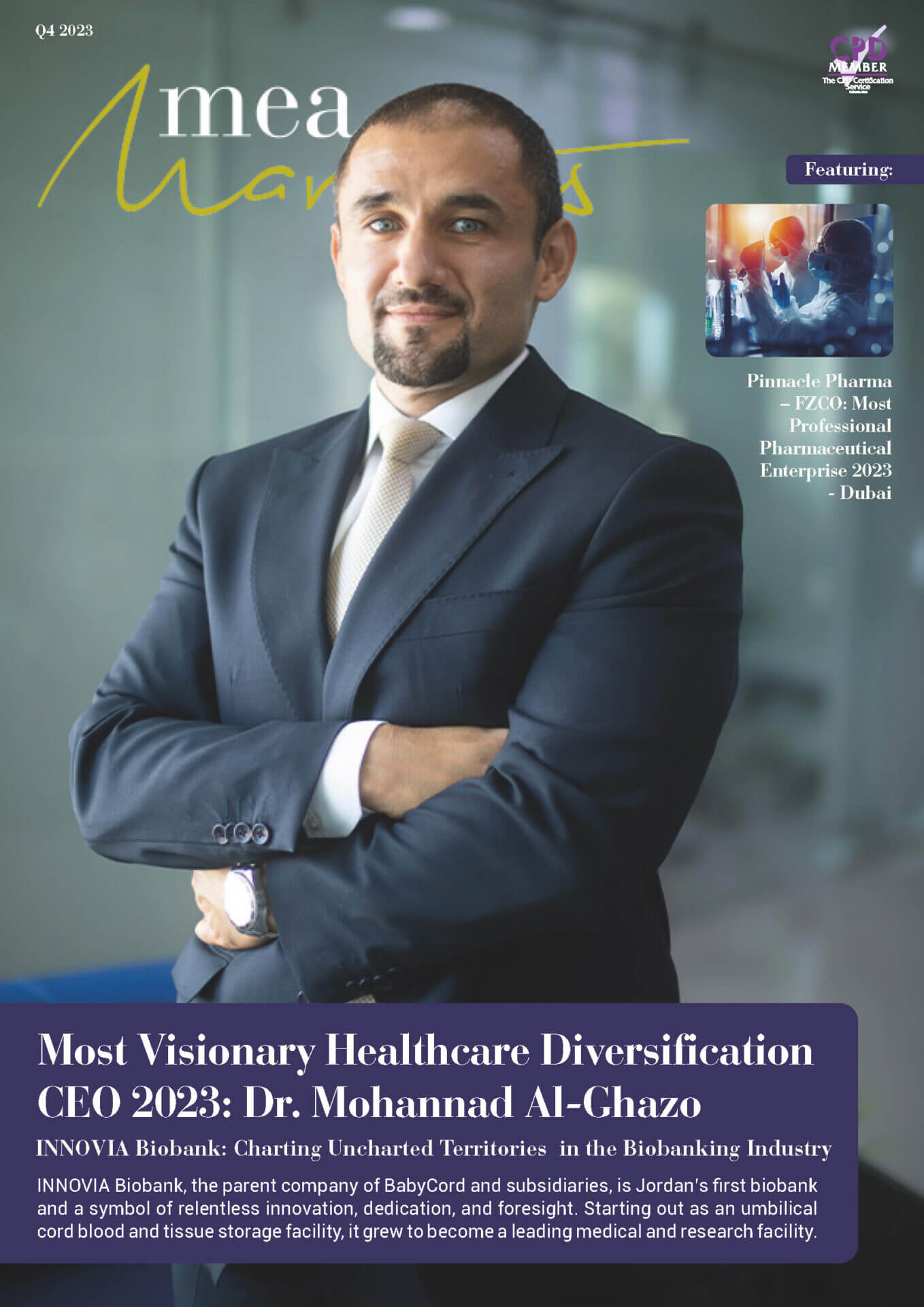If you spent any time in your childhood swimming in the sea, there’s a fair chance you remember the feeling of being dumped by a wave. For those brief moments in time, your feet lose the ground and mild panic sets in as you battle to discern up from down. It’s fair to say for many businesses in the financial services industry, that’s exactly how the better part of 2020 has felt.
Most of the major banks in the Middle East – traditionally brick-and-mortar institutions – had their hands full trying to re-imagine their security measures overnight and ensure their thousands of employees could continue working seamlessly from home.
But now that the first wave of disruption has passed and we’re finding our way back to the surface again, it’s time for financial institutions to look beyond the initial panic and start focusing on what’s next. According to McKinsey, companies that want to excel in the ‘next norm’ should be paying attention to evolving customer behaviours and how they are likely to impact customer experience in the near term.
With this in mind, Aruba Networks has developed a ‘Banking for the New Normal’ series underpinned by its LAN, WLAN and SD-WAN networking solutions and enhanced with security, automation and analytics, to help banks reinvent their connectivity and the way in which they work.
Upping the ante on innovative service delivery
When it comes to more innovative service, people are increasingly looking for that always-on experience. COVID-19 has rendered time an even more precious commodity and service providers that don’t value their customers’ time do so at their own peril. If a client has travelled to an ATM, for example, they want to know that service will definitely be available to them. By harnessing the power of integrated analytics, banks can make sure that customers don’t end up travelling kilometers to an ATM, only to find it’s out of service. Instead they can proactively let customers know that ATM is not currently functioning and suggest an alternative. In fact, as part of Aruba’s offering, banks can access AI-powered analytics, allowing them to automatically detect and solve any number of different issues before they can impact the business.
Solutions that speak to social distancing
Research shows COVID-19 has normalised physical distancing and people’s need for constant sanitation. In the financial services space, this has translated into customers avoiding bank branches and ATMs where they have to queue with dozens of other people.
But here again real-time analytics can enable banks to provide their customers with insights as to how many other people are on site. Backed by Hewlett Packard Enterprise, Aruba provides edge-line platforms that provide real-time analytics, meaning the bank can notify the customer that there are four ATMs within their vicinity and let them know exactly how many people are currently at each ATM.
And there are numerous other ways in which forward-thinking banking institutions can draw on the latest technology to make it safer for consumers to engage their services.
IoT-based technology, for example, will be an important focus for banks moving forward because of the growing demand for thermal cameras. While IoT often comes with security concerns – and even more so for those in the banking space – solution providers like Aruba can assist with the secure onboarding of IoT devices – which is necessary when it comes to the deployment of thermal cameras, security cameras and the like.
Greater convenience key to success
Convenience has always been king where customers are concerned, but in a world where people are juggling more stresses and concerns than ever before, convenience is even more critical to success. Luckily, there are many ways in which a financial service provider can use technology to make their customers’ lives easier. Think of something as simple as alerting a client to the fact that their credit card will soon expire as they walk past an ATM. Again with the right edge-line platforms in place, the bank can access this real-time information and make it easy for the customer to pop into the branch and get a new card.
An added advantage of banks having this technology at their fingertips is that they can provide the same connectivity and infrastructure services to their business banking customers as well. In fact as trusted entities with access to the latest and most secure technology, banks can create entirely new revenue streams for themselves by evolving from financial service providers into tech service providers.
With some banks expecting profit declines as dramatic as 85%, the ability to draw on technology to source revenue from alternative business models is of paramount importance. And with companies like Aruba packaging these solutions with flexible financing options, the technology is significantly more accessible in the current economic climate.
Now that the initial panic and uncertainty around COVID-19 has dissipated, it’s time for companies in the financial services industry to refocus their attention on what’s next. The pandemic has accelerated the demand for technological innovation from consumers and businesses alike, and service providers must ensure they can keep pace with the evolving needs of their customers.






